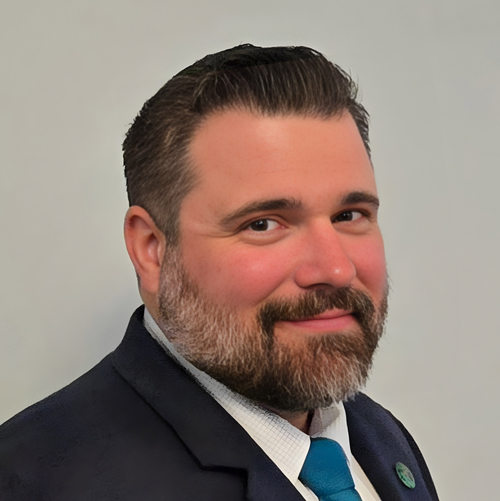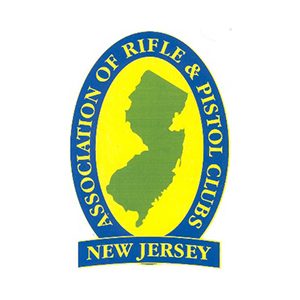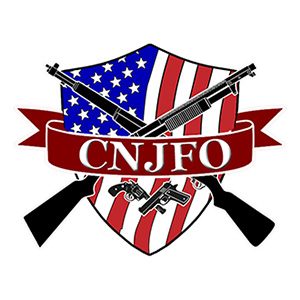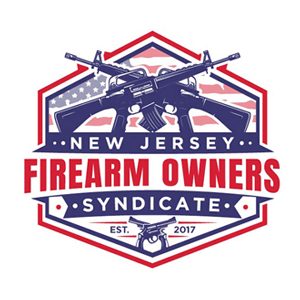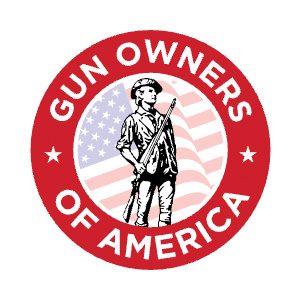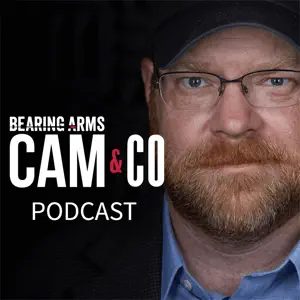
Where do you fall on the Second Amendment spectrum? There’s no wrong answer. However, there are a number of things to consider concerning this civil right and its preservation.
Are you a casual gun owner? Are you a carrier? Have you attained the level of “super user” when it comes to your gun collection? Are you an activist? Are you dabbling in the firearms industry? Instructor?
Those are all good questions to muse over. Let’s assume you’re in this to win this. I often ask myself what are some ways to be a good activist and what have I learned along the way?
A person is a person no matter how small…
“Check your egos at the door” was posted on the recording studio door on the evening the song “We Are The World” was recorded in January of 1985. This sage advice is probably one of the most important things to embrace when doing activist or advocacy work.
Once committed to the cause, or any cause for that matter, assume all the players are great and exercise a little humility. Now, there are going to be people at different levels, doing different things, but there’s no reason to say, “I’m 100% right and you’re 100% wrong,” all of the time.
Accept diversity in thought and methods. Unless someone is so abhorrent and damaging, live and let live.
I’ve burned myself more than once for being overly cocksure. I tend to listen more now than before when working with others.
The flavors of activism.
There are a multitude of personalities and groups involved in the Second Amendment arena. They all come to the table with different focuses and vehicles to achieve a stated goal.
Some of the different ways groups and individuals can engage as activists:
- Working with the public to expose them to shooting sports and the Second Amendment
- Engaging with legislators and members of the executive branch
- Running letter writing campaigns to elected officials, etc.
- Submitting op-eds and “letters to the editor” to local newspapers
- Judicial activism through the courts
- Behind the scenes lobbying
- Being a good ambassador through individual or collective behavior
- Working to inform the masses via news reporting, editorial, and or new media
- Fundraising directly for organizations
- Information exchange between other activists and organizations
Sometimes the dish we must eat is crow.
A mentor to me – who probably doesn’t even know I regard him as a mentor – once asked me, “What is in the best interests of Freedom and the Second Amendment?” I was lucky, I got this advice only months after my first Second Amendment publication.
While I’ve been and am very far from perfect, I’ve tried to subscribe to what this individual said to me next. He said that keeping focused on the Second Amendment and its best interests “sometimes it means laying aside self-promotion, being silent, ignoring opportunities for personal advancement, sitting on your hands and NOT speaking out, keeping your head when others about you are ‘losing theirs and blaming it on you.’”
“But if you want to get involved and have your work make the greatest difference possible,” he told me, “you need to understand the big picture and the dynamics of the various factions within our movement.”
What does this mean to me as an active participant in this movement? Well it means that sometimes it’s not best to tell someone to “F*ck off,” or where they can stick their opinion. Sometimes that means just rolling with the punches and agreeing to disagree. And, yes, sometimes that means letting your feelings be known. But, you want to make sure that whatever you do, it’s not at the expense of the Second Amendment.
If you like our articles… please subscribe to our 2nd Amendment update list. We generally send one email per week containing 2A news you might’ve missed.
Dealing with the gray areas.
A few years ago I was working on a story involving a group/individual. This was a follow-up to some work that a colleague of mine did that went south quickly. In attempts to continue to carry the banner, I dug deeper and deeper into the subject.
I found myself at a dinner with several 2A personalities and we talked about the issue. It was a good cross-section including several instructors, a couple “guntubers,” professional activists, etc.
I talked frankly about the story lead and some of the damaging and not so damaging things I learned.
The “damaging” stuff was really irrelevant. It involved an individual’s alleged actions over 30 years ago. That has little to nothing to do with the Second Amendment.
There was some financial stuff, but nothing that’d blow the lid off an enterprise. Rather, it was information that was publicly available and no one really paid any attention to.
My friends asked me what I was going to do. I concluded that trying to drag up old allegations and make insinuations about financial standing was not going to serve the Second Amendment.
There was no gain for anyone or anything to publicly smear someone or a group just because I did not like their flavor of advocacy/activism. They weren’t doing anything really bad, damaging, and/or wrong – just doing things in a way many people don’t like (but some do).
We’re going to have our differences, but collaboration is key!
Sometimes we just need to agree to disagree. I think that’s as plain as it gets.
In the media as a 2A journalist, I’ve dealt with a fair amount of correspondence, criticism, praise, you name it. I’ve received anti-Semitic hate mail because I covered Jewish 2A issues, and have been called a “boot licker.”
I received criticism because I covered an FFL who was raided by the ATF/N.Y. State Police – but they happened to identify as BLM/ANTIFA members and were former sex workers (that was a hell of a conversation I tell ya). There was a lot of flack because of who they were and/or identify as.
I asked them why they reached out to me to cover their story and one of the business partners said, “Honestly, I checked out a lot of the articles you wrote and you’re definitely a Second Amendment is for everybody kind of guy.” The other concluded with, “Yeah. You’re not exclusionary.”
Not everyone is going to like what the 2A media types write, and that’s okay. Most of the content creators, bloggers, and journalists do their work with the best of intentions.
Not happy with a group or topic that someone covered? Sure, express your discontent, but that doesn’t mean y’all can’t be friends. If anything, help the individual(s) understand, rather than completely break away from them. If there’s no real bone to pick, then just keep scrolling.
Most of these instances are just covering a story and interviewing a subject. It’s not like I’m going on a date with them. Or even if I were going on a date with them, it’s not like we were going to make out. Then again, if we were making out, we wouldn’t go to second base….you get the point. It’s a story, we move on.
It’s better to collaborate than cast aspersions. We’re not going to agree on everything all of the time, but I’m going to assume we’re friends until you give me a reason to think otherwise.
We’re better off if we don’t allow our passions to get the best of us.
The silent benefactor.
There’s room for and there are many silent benefactors out there. We need to know this.
Just because someone or a group does not take a stance on something does not mean they’re not “with us.” If an entity does not answer to allegations, that does not mean the allegations are true. There are plenty of times that it’s more than appropriate to just shut the f*ck up. As well as those times to shout from the mountains.
We don’t know what’s being said behind closed doors. That’s an important thing to keep in the back of our collective minds. The more I lean, the more I learn the truth behind that statement.
Understanding this is important because there’s three sides to every story and oftentimes we’re only getting one side. As activists, we need to be in tune to this.
Some advocates are not in the position to be outspoken, however they lend their resources to the cause and will amplify other people’s messages. Some of them just donate money or services to the cause. We can’t all be proudly and loudly 2A all the time. Frankly, some businesses and people have to keep a low profile.
If this sounds like you, there’s plenty of people to boost and help out.
The big tent.
As activists, we need to be willing to talk with or work with anyone. Yes, do have your non-negotiable unalterable terms, or NUTs. But, keep your door open to opportunity. That’s without and within the community. We’re not going to turn fence-sitters or anti-gunners into gun owners, or at best advocates by being jerks to them. Just like we’re not going to get productive work done if we don’t work together, or spend our time ridiculing others.
The Second Amendment community is a multi-faceted one made up of very strong-willed people. In-fighting and degrading another will get us nowhere quickly. To quote my buddy Anthony Colandro, “We eat our own.” But, we shouldn’t.
Before signing off, realize we’re surrounded by opportunity if we want it. We’re also surrounded by resources and people willing to help. Most of the time all it takes is to just ask. We can be a smarter and stronger community if we hedge our resources but also figure out what flavor of activism we want to engage in as individuals.
I want to hear from you! Sound off in the comments below and send me emails.


